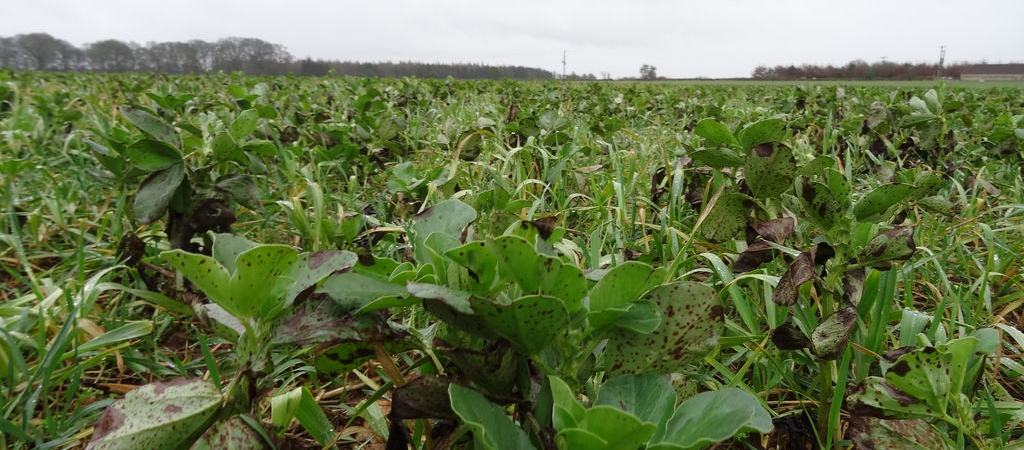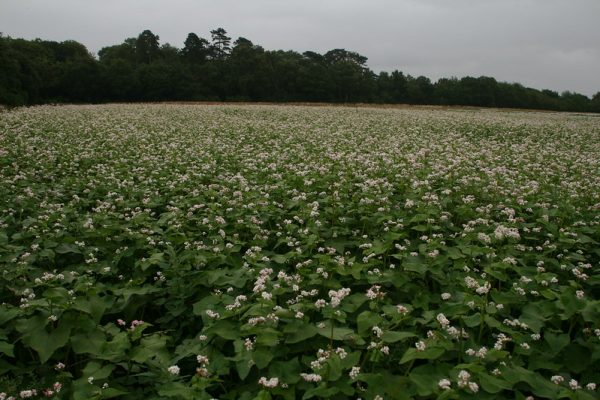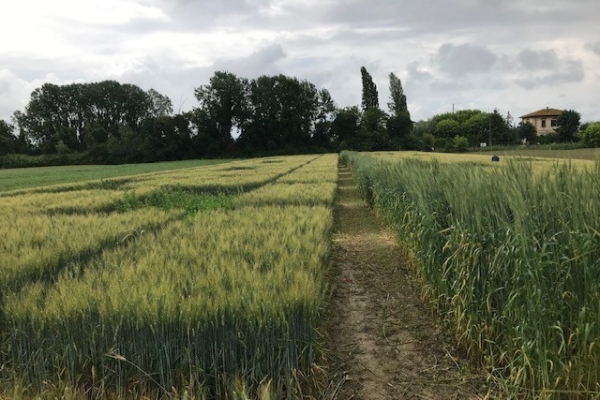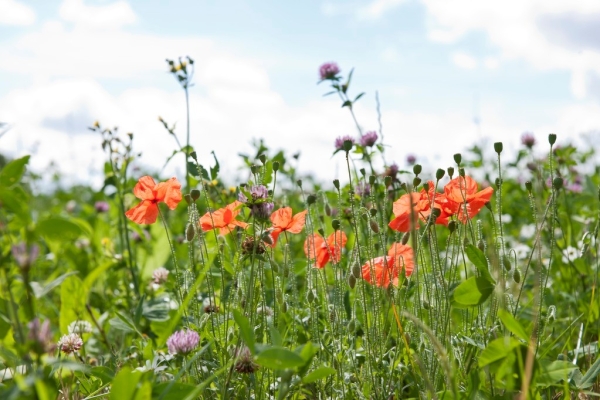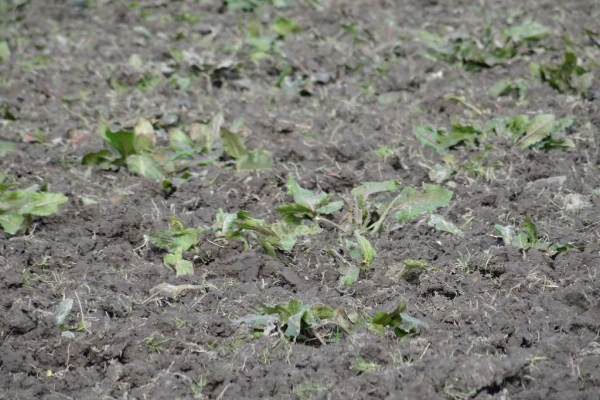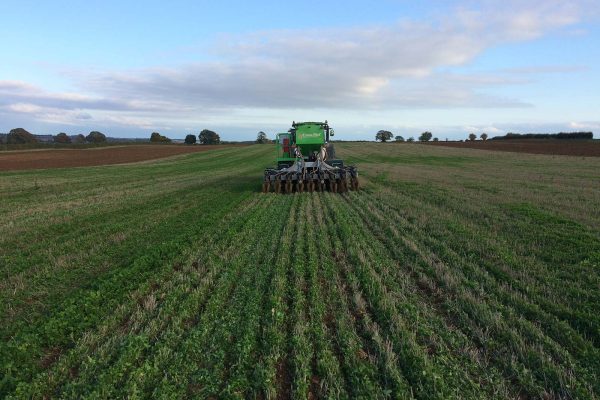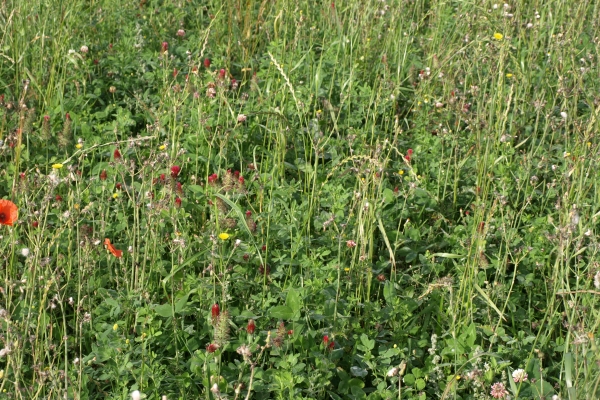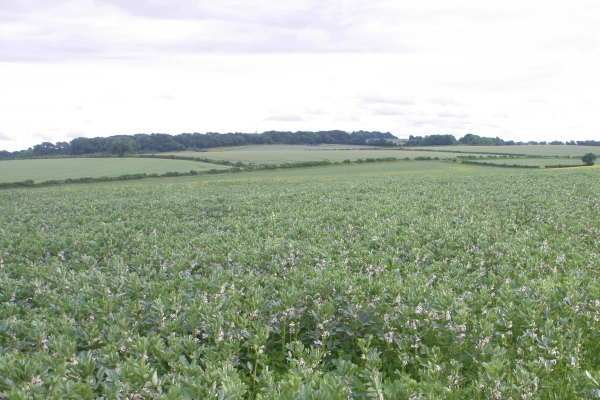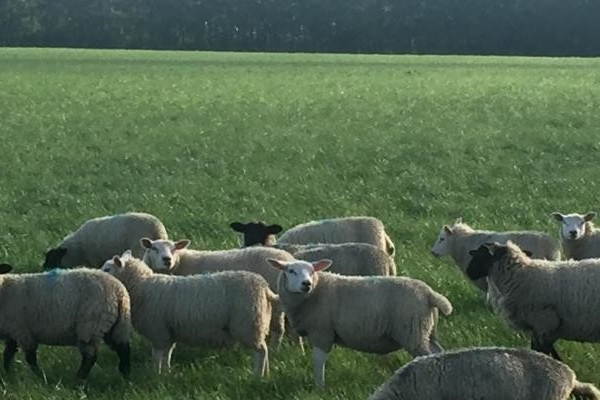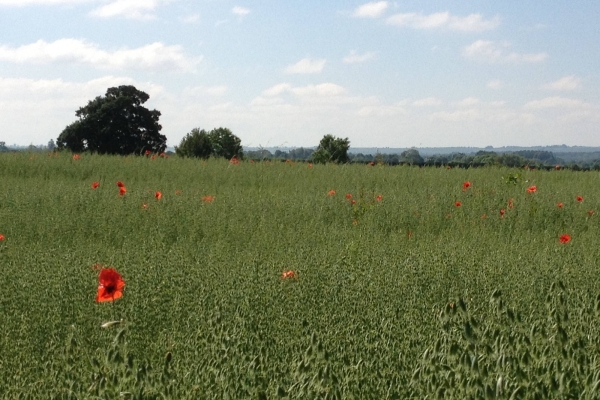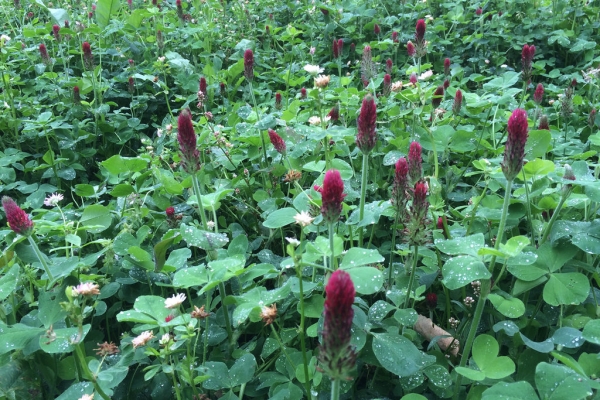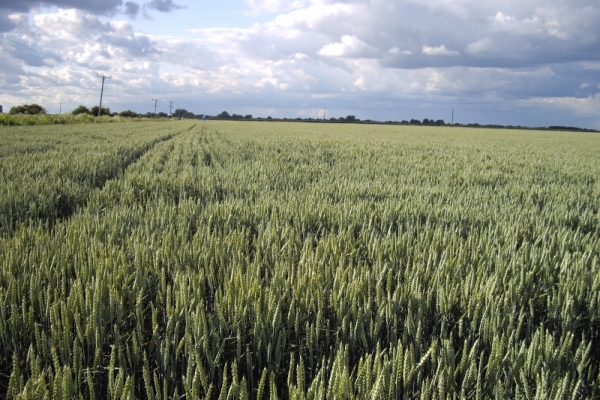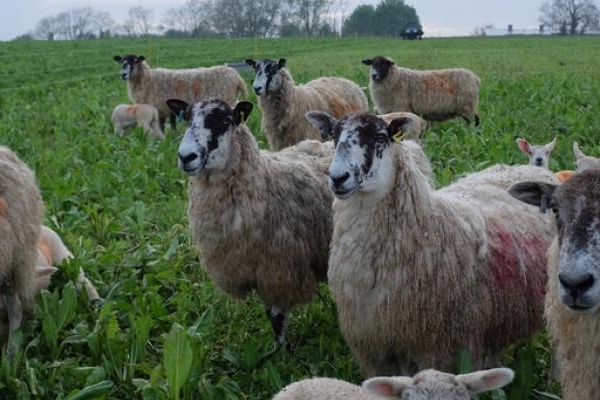Crop rotation and its ability to suppress perennial weeds
OK-Net Arable Practice Abstract
Resource explained
Perennial weeds such as thistle and couch-grass can hinder crop growth and yields in organic arable cropping systems. A good crop rotation system is vital to help you manage perennial weeds through preventive control. This practice abstract, produced through the Organic Knowledge Network (OK-Net) Arable project, presents the issue, potential solution and outcomes, practical recommendations and points to consider in a nutshell; based on research identified within the project.
Findings & recommendations
To suppress weeds effectively within rotations, it is recommended that you:
- Include an appropriate percentage of competitive crops and green manures.
- Select the right crops and manage them appropriately.
- Use green manures in at least 20% of your rotation.
- Do not grow more than 50% of cereals with low weed competitiveness in a rotation or cultivate such crops for more than 2 consecutive years.
- Only grow weed-resistant crops in fields that are particularly problematic.
- Only grow grain legumes where perennial weeds are not a problem.
- Rather than sowing winter crops after lupine or broad beans, try undersowing a cover crop in the legumes, then sowing a competitive crop in the spring.
- Do not sow spring barley after grass-clover; try growing oats or spring wheat undersown with cover crops 2 years in succession.
- Avoid leaving badly established crops unmanaged. You could concentrate on weed control measures on infested parts of fields only.
- On sandy soils, consider sowing rye, triticale or winter spelt instead of winter wheat.
The OK-Net Arable project involves 17 partners from 12 European countries. Running from March 2015 to February 2018, it promotes knowledge exchange among farmers, farm advisers and scientists, and aims to increase productivity and quality in organic arable cropping across Europe.
